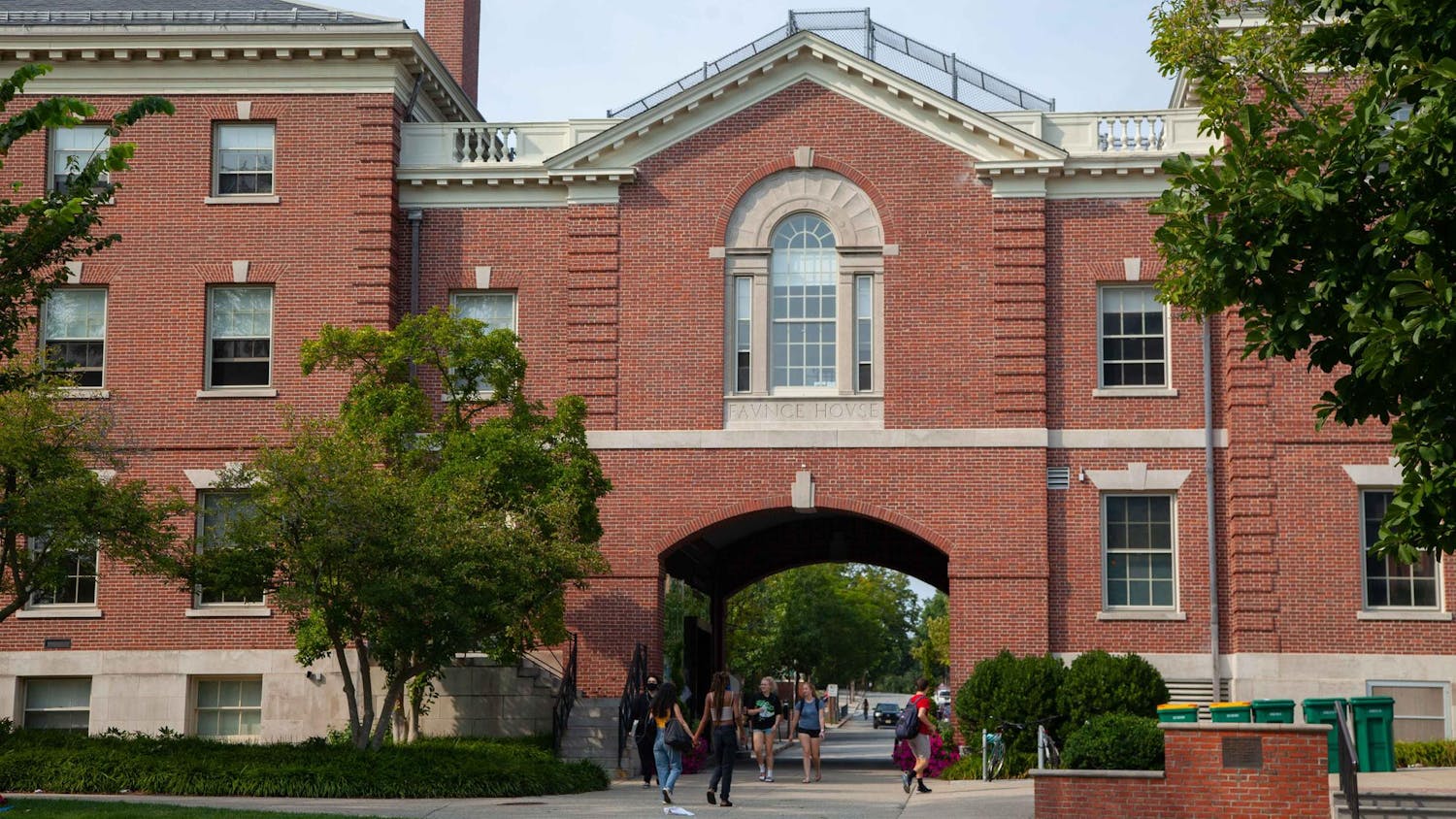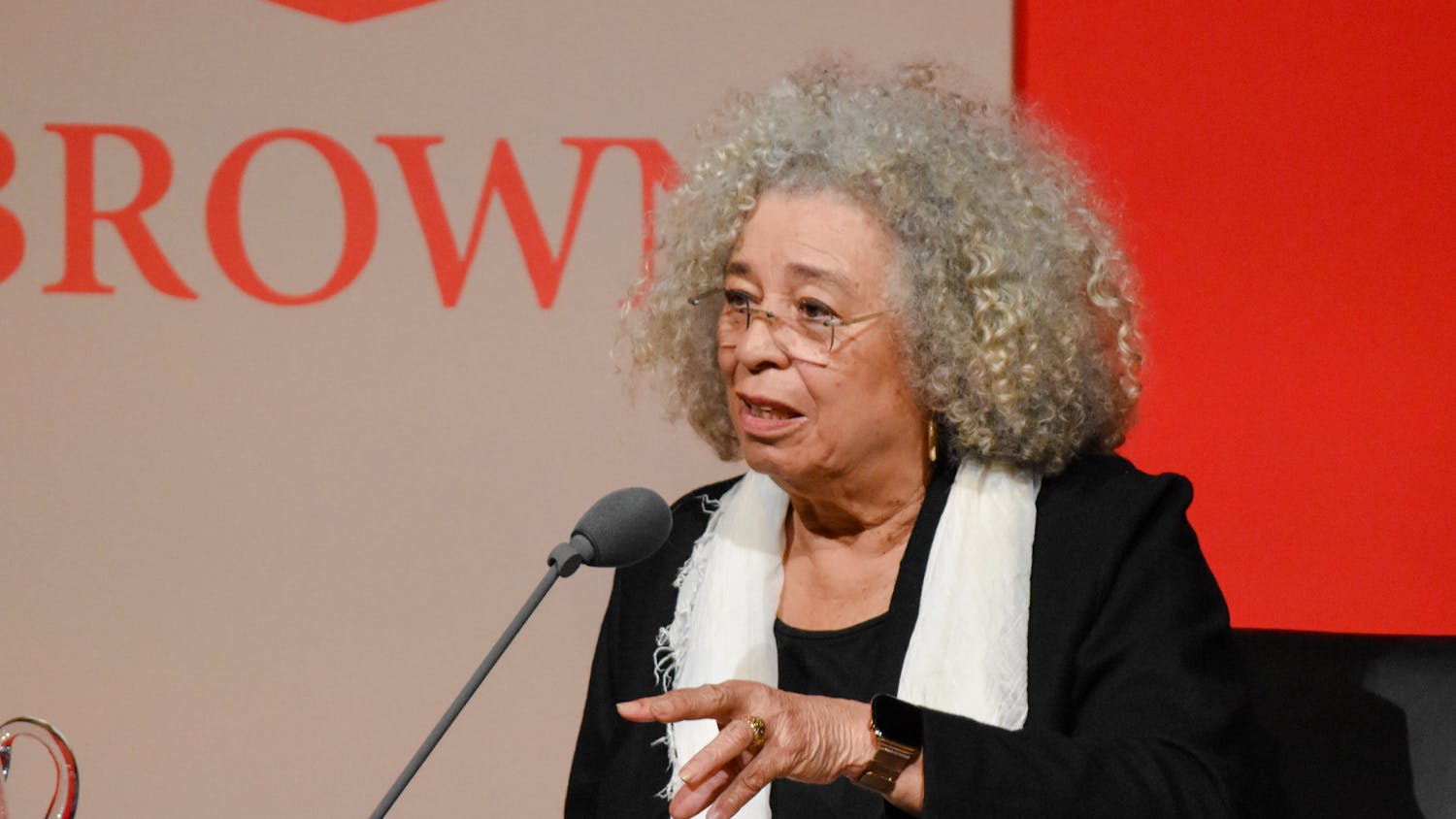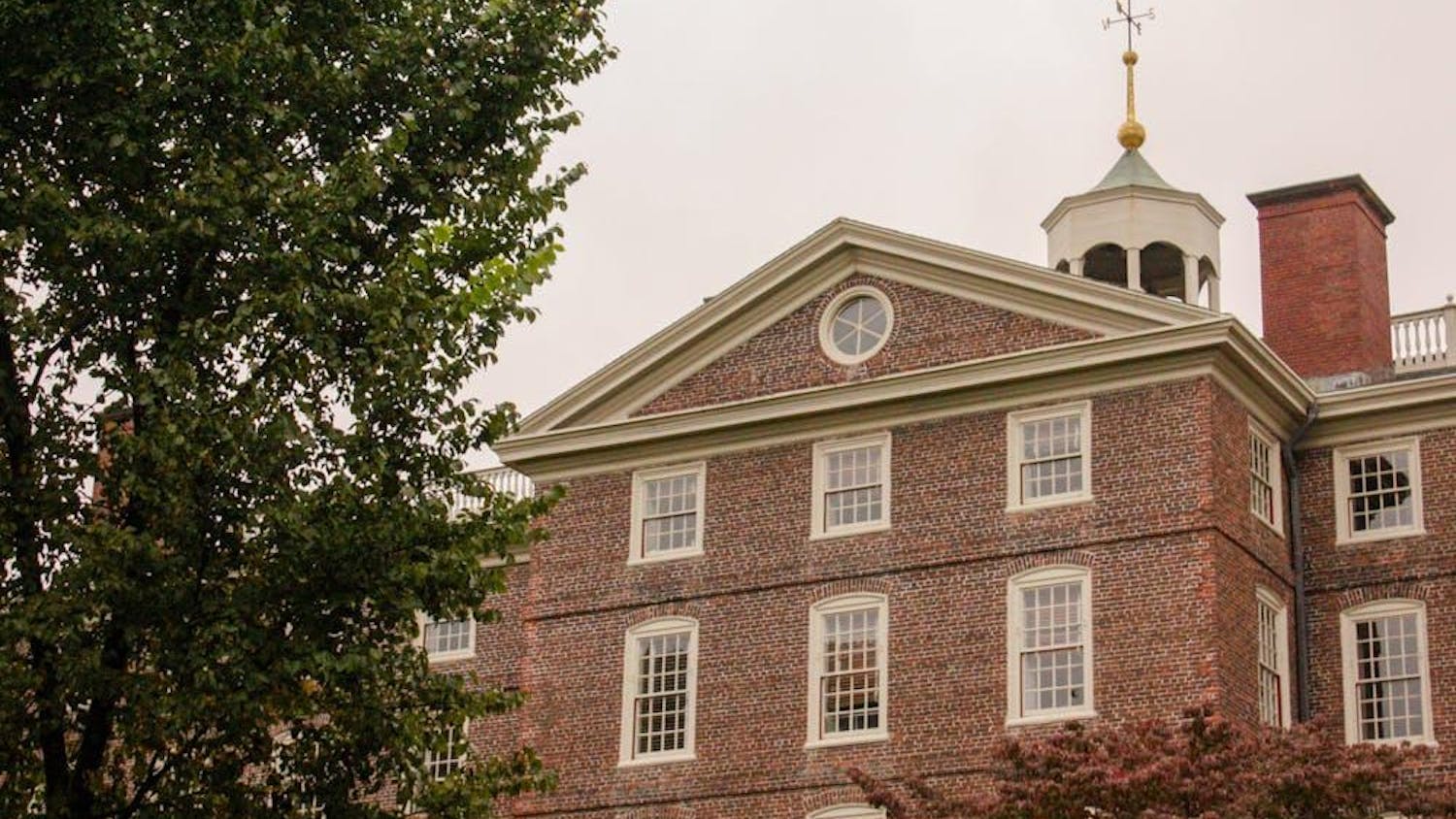Faculty members discussed potential changes to the academic calendar and the national perception of higher education at yesterday's faculty meeting. The calendar revisions, which address potential conflicts with Rosh Hashana, will be the topic of a faculty forum scheduled for Dec. 13.
At the meeting, faculty members also discussed the University Resources Committee's ongoing budget discussions and the search for an ombudsperson.
Peter Shank, chair of the Faculty Executive Committee and professor of medical science, presented four options the FEC has suggested for the academic calendar. In one scenario, every fall semester would begin the Wednesday before Labor Day, cutting short the summer recess but accommodating Rosh Hashana conflicts. The second option would maintain the University's default calendar, in which every fall semester starts the Wednesday after Labor Day. The third and fourth options would both defer a long-term decision but fix individual start dates for 2013 — the third option accommodating Rosh Hashana and the fourth option not.
Other potential factors in the decision could include the number of days available for reading period and finals — under the current calendar, first semester always has a shorter reading period and one fewer day of finals, said Sheila Blumstein, professor of cognitive, linguistic and psychological sciences.
Faculty members also discussed the possibility of lengthening Thanksgiving break or starting the school year on a day other than Wednesday.
President Ruth Simmons voiced concerns about the perception of higher education in the media and politics. In the wake of the Pennsylvania State University scandal and pepper-spraying of students at the University of California at Davis, she said the public will turn "sharp critical attention" toward universities and colleges.
Consequently, the University must "turn attention to the plight of the public we serve," Simmons said, emphasizing the value of liberal arts and promoting its research profile.
"I am quite concerned with this," she said. "Other presidents are as well."
President Obama met with the Secretary of Education, heads of several universities and higher education experts Monday to discuss the rising costs of tuition — an example of the politicization of higher education, Simmons said.
"The desire of people to use these kinds of institutes to curry favor with voters is well known," she said.
Harold Roth, professor of religious studies, spoke about the ongoing search for a new ombudsperson. The University has received 65 applications for the position thus far, with applicants coming from backgrounds including law, college presidency and the FBI.
Roth said he expects a final candidate to be selected by next semester.
Provost Mark Schlissel P'15 provided an update on the URC's ongoing plan for next year's budget. Though no tuition increase has been finalized, Schlissel said that "for discussion purposes," the committee is assuming an increase of 3.5 percent.
"All of the factors that drive the budget are on the table," he added.
The URC will meet again next week and write its budget report in January, Schlissel said. He expects the committee to present the report to Simmons at the beginning of February. The Corporation, the University's highest governing body, will approve a budget at its February meeting.
Chung-I Tan, professor of physics and chair of the Campus Advisory Committee, spoke briefly about a statement the presidential search committees posted online yesterday afternoon. He would not take any questions about the statement.
Shank also spoke about the faculty charity fundraiser "Brown Gives Green," and committee reports were presented from the Diversity Advisory Board and Honorary Degrees Committee.
Memorial minutes were read for Bruce Donovan, professor emeritus of classics, and John Shroeder, professor emeritus of English.




